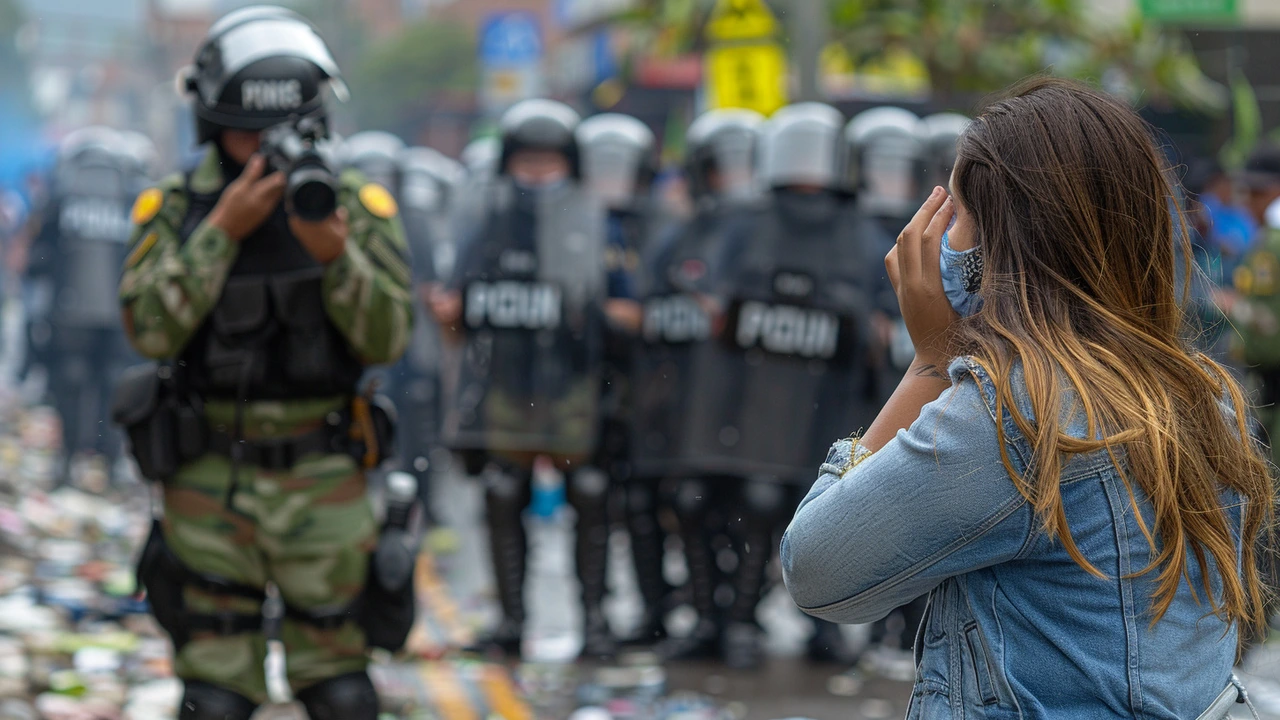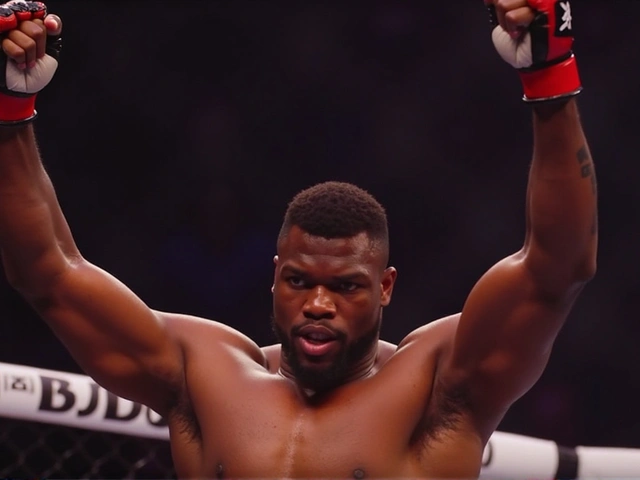Democratic Resilience in Africa – What It Means and Why It Matters
Ever wonder why some African countries bounce back after a shaky election while others slide into unrest? The answer lies in democratic resilience – the ability of a system to absorb shocks, fix itself, and keep going. It’s not a buzzword; it’s what keeps governments accountable and citizens safe.
Why Democracies Face Pressure
Africa’s political landscape is full of fast‑moving changes: new parties, contested vote counts, economic downturns, even climate‑related displacements. Each of these can strain institutions that were built only a few decades ago. When a court overturns a result or a protest erupts over price hikes, the whole system gets tested.
Take Ghana’s 2024 election. Early results sparked accusations of fraud, but an independent electoral commission released transparent data and invited observers. The quick, open response helped calm tensions and showed how strong processes can stop rumors before they explode.
Building Real Resilience
The first ingredient is a free press that can verify claims on the ground. Journalists in Kenya have used social media to fact‑check voter rolls, giving citizens real‑time evidence of any irregularities. When people trust the information they receive, they’re less likely to resort to violence.
Second, robust civil society groups act like a safety net. In South Africa, NGOs monitor police conduct during protests and file complaints when rights are breached. Their presence forces authorities to think twice before overstepping, reinforcing respect for the rule of law.
Third, transparent institutions matter. Courts that publish rulings online and hold public hearings let citizens see how decisions are made. In Tanzania, a recent land‑dispute case was streamed live, allowing anyone to follow the arguments and outcomes.
Finally, inclusive dialogue keeps the system flexible. Countries that bring opposition leaders into post‑election talks tend to avoid long‑term stalemates. Nigeria’s “National Dialogue” after the 2023 polls gave smaller parties a seat at the table, reducing feelings of marginalisation.
All these pieces – press freedom, active NGOs, open courts, and dialogue – work together like gears in a machine. If one slips, the others can compensate long enough for repairs to happen.
What does this mean for everyday readers? When you hear about an election dispute, look for signs of these resilience factors: are journalists reporting freely? Are NGOs speaking out? Is there a transparent legal process?
If the answer is yes, chances are the country will navigate the crisis without slipping into chaos. If not, expect prolonged tension and possibly unrest.
Democratic resilience isn’t a one‑time achievement; it’s a daily effort. Citizens, media, courts, and politicians all have to keep checking their work. The more each group stays honest and open, the smoother the ride for everyone.
So next time you see headlines about protests or contested votes, ask yourself: is this democracy bending or breaking? The clues are right there in how information flows and how quickly people can step in to fix problems.

Bolivia Demonstrates Democratic Resilience Amid Latin America's Coup-Laden History
Bolivia's recent presidential election, won by Luis Arce, underscores the nation's commitment to democracy despite its tumultuous history of military coups. International observers hailed the process as free and fair, celebrating Bolivia's democratic institutions. This victory is seen as a significant milestone for the region, marking a shift away from Latin America's coup-prone past.




